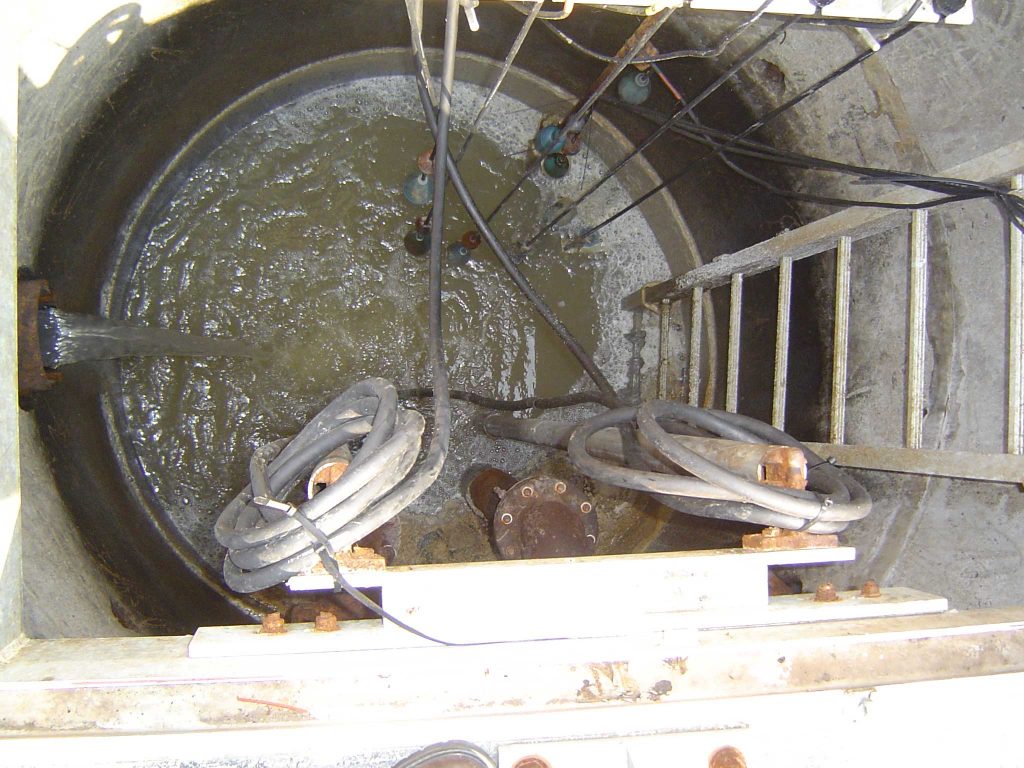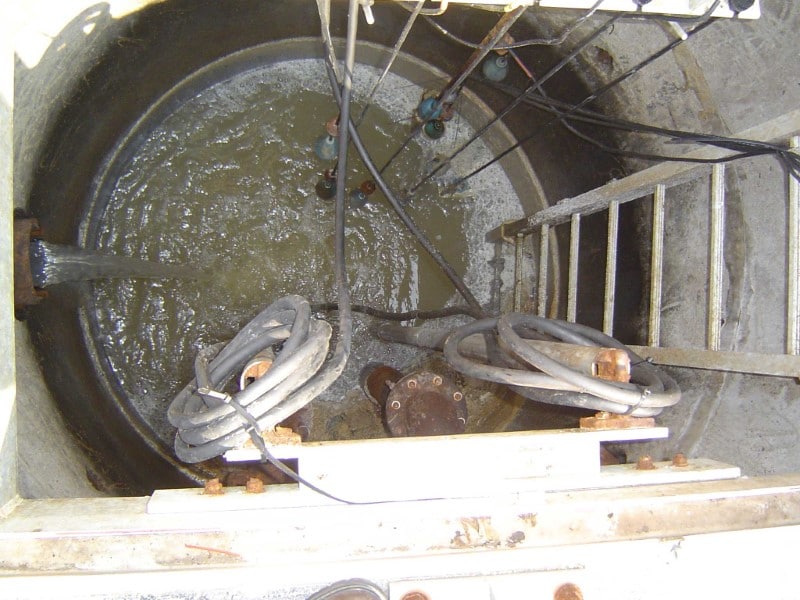
Grease has been spilled on land and at sea. This caused so many environmental and health problems all over the word. At present, FOG (fats, oils, grease) is invading the United States. Wastewater backups are becoming too frequent and it is not to be taken lightly. On the aspect on health, dealing with wastewater backups almost every day only brings about respiratory and skin diseases. The environment suffers from contamination by the untreated effluent that reaches the bodies of water and areas of land.
The FOG overflow is a crisis that is affecting the US financially as well. Many establishments are paying large amounts as penalty for having their produced FOG exceed the set level. The companies that do not take action face lawsuits that affect their reputation as a company. To try and alleviate the FOG crisis, a pretreatment ordinance was created by the federal government. This ordinance aims to protect the wastewater system and the sewer lines that lead to it. The company owners are ordered to have grease traps of the right size designed, built, and installed for their production facilities. The grease traps should have permits issued by the Department of City Sewer. They should also be regularly inspected and cleaned up.
In cleaning a small, indoor grease trap, a monthly pump out is recommended. For a much larger grease trap that’s set up outside underneath the ground, a quarterly clean up is performed. But because of the constant food production, it can’t be helped if the grease trap gets full much earlier than expected. This urges food company owners to have their grease traps cleaned every week. This cleaning schedule is very costly but they really have no choice because they would rather pay for grease trap maintenance than pay fines and lawyers for lawsuits because of FOG overflow.
For years, using enzymes to break down grease has been a common practice. Enzymes are known as catalysts that accelerate the process of metabolism or digestion. Enzymes are preset in living organisms to help them break down and assimilate complex nutrients much faster. The same principle is used in grease traps to eliminate the FOG accumulation. But like chemicals, they just emulsify the FOG and make it appear disintegrated, but the truth is that the FOG is just converted into a form that easily mixes with the wastewater. When the FOG reaches the pipes lines, it cools down, solidifies, and completely blocks the wastewater pathway. Wastewater backs up into the various food establishments, causing environmental and health problems.
Enzymes only make things worse for the grease trap. Most of the time food establishments end up with a much costlier problem. To correct this, bacteria are used in cleaning up grease traps. These are real living organisms that digest the FOG and the solid wastes. They greatly cut down the level of grease in a short time and also eliminate the foul odors. These bacteria do not have chemical discharges as well to contaminate the environment.
It’s true that there are many new products that contain enzymes these days. Their manufacturers promise exaggerated thing like never having to clean up the grease trap anymore for as long as the enzyme products are used. This promise continues to entice many food company owners into buying and using enzyme grease trap cleaners. Regret usually follows a bit too late for them.
With the continuous use of bacteria in cleaning up the grease trap, there will be a less frequent clean up schedule. This is because the bacteria keeps the FOG level at a very low minimum that FOG overflow is not likely to happen at any time.
